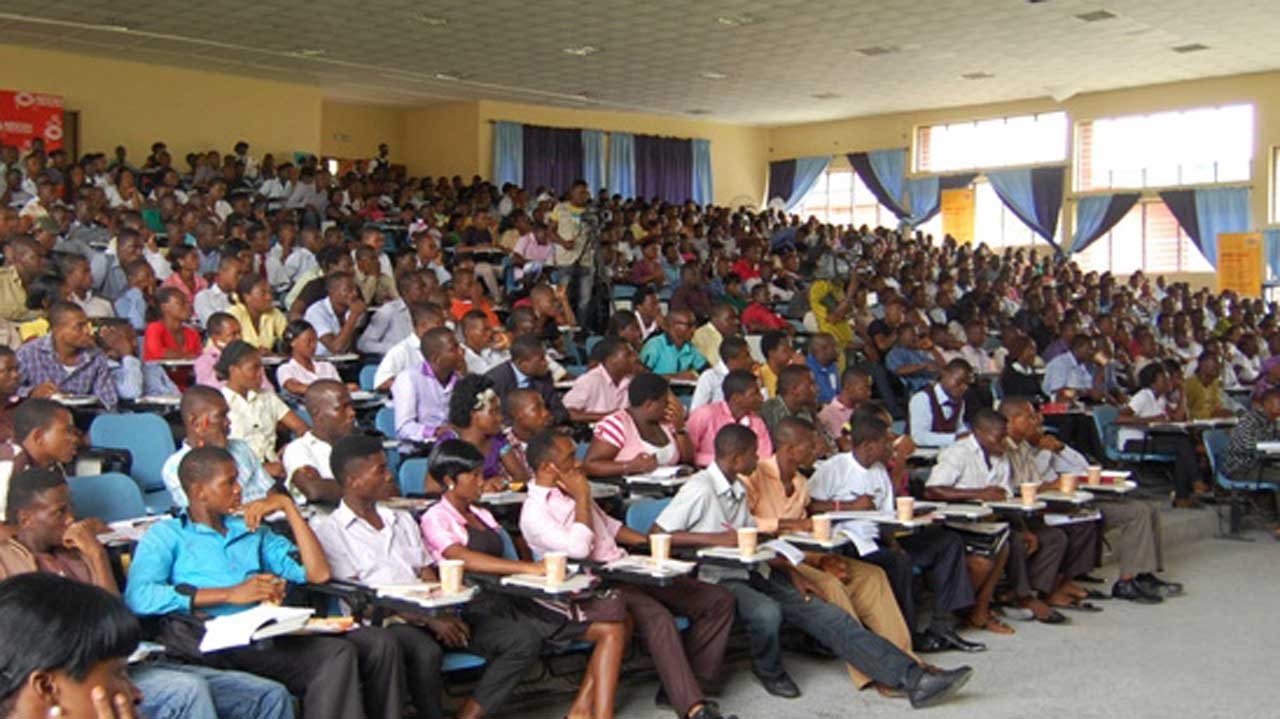In a groundbreaking move in June 2023, President Bola Tinubu ushered in a new era by signing the Access to Higher Education Act, 2023, popularly known as the Students Loan Act, into law. This visionary legislation aimed to provide interest-free education loans to aspiring Nigerian students pursuing tertiary education, promising a brighter future without the looming threat of indefinite strikes.
The brainchild of Tinubu’s Chief of Staff, Femi Gbajabiamila, who initially introduced the bill in 2016, the proposal gained momentum and attention from the National Assembly in November 2022 after a reintroduction in 2019. The Act established the Education Loan Fund, offering financial support for higher education, with repayments beginning two years post the National Youth Service Corps (NYSC) program.
Despite assurances from Minister of State for Education, Dr. Yusuf Tanko Sununu, that the scheme would kick off in January 2024, the reality paints a different picture. Regrettably, as February unfolds, the much-anticipated implementation of the Students Loan Scheme remains elusive.
Chinoso Obasi, a former National President of the National Association of Nigerian Students (NANS), expressed concern over the delay, citing skepticism about the government’s commitment. He highlighted the government’s allocation of N50 billion for the scheme in the 2024 budget but questioned the sincerity behind the promises.
Obasi shed light on the historical context, recalling that the idea originated from the 2014 National Confab, and while the APC implemented aspects of the recommendation, credit wasn’t duly acknowledged. He emphasized the urgent need for implementation to alleviate the challenges in the education sector.
The lack of communication and consultation with student leaders further compounds the issue. Lucky Emonefe, the NANS President, stressed the importance of engaging students in the decision-making process, lamenting the absence of consultations from the officials responsible for the scheme.
Emonefe acknowledged President Tinubu’s commitment but called for transparency and collaboration in executing the expanded loan scheme. He urged officials to consult with students, emphasizing the need to address the repayment clause by extending the period to three to five years, considering the prevalent issue of unemployment.
In essence, as the nation eagerly awaits the fruition of this transformative education loan scheme, the challenges and delays raise pertinent questions about the government’s commitment and the collaborative efforts required to make this ambitious initiative a reality. The fate of countless Nigerian students hangs in the balance, hoping for a swift resolution that paves the way for a brighter educational future.
